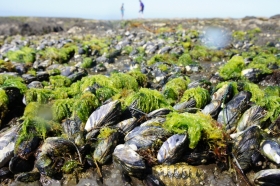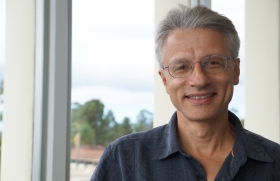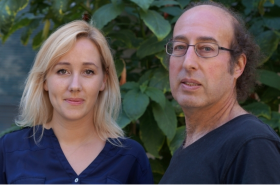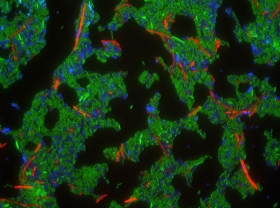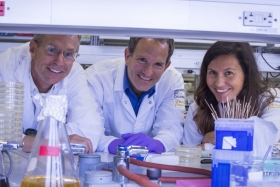In an important step toward creating a practical underwater glue, researchers at UC Santa Barbara have designed a synthetic material that combines the key functionalities of interfacial mussel foot proteins, creating a single, low-molecular-weight, one-component adhesive.
Their findings appear in the journal Nature Communications.
